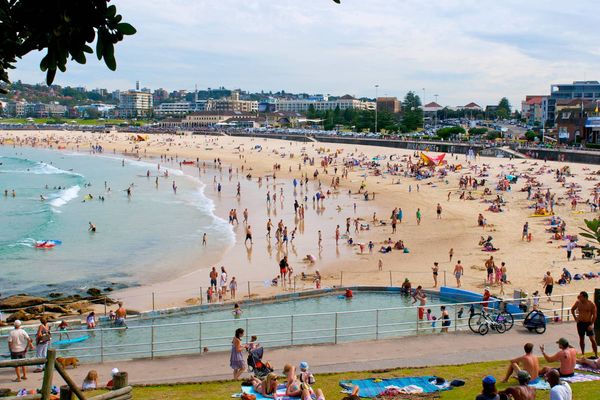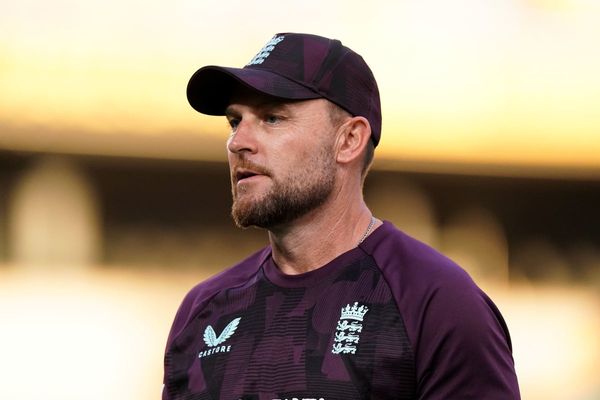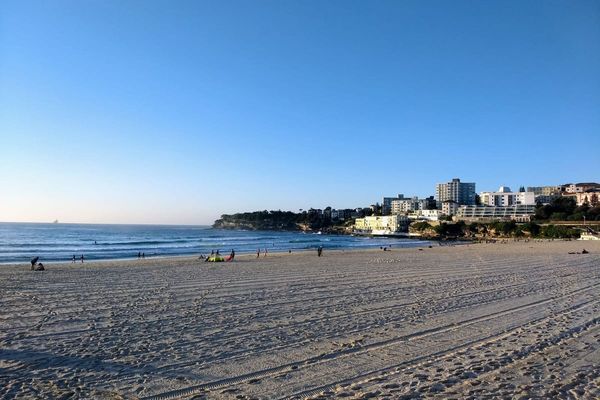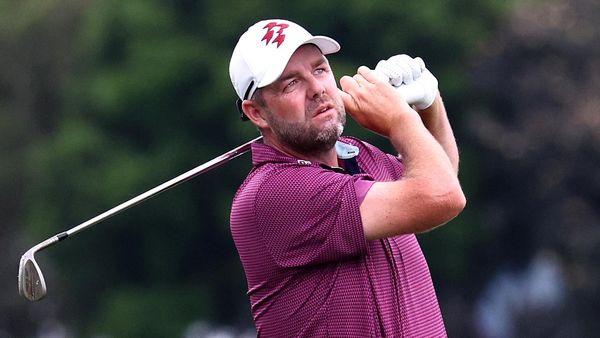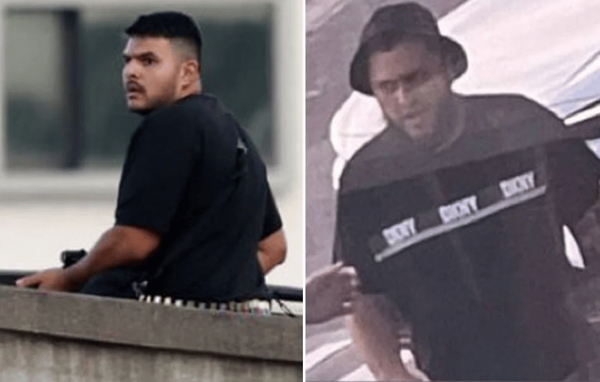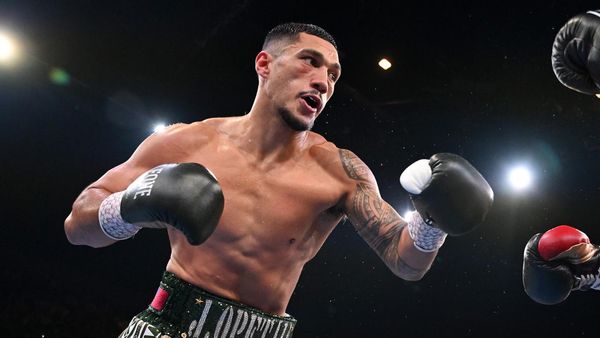
On Friday morning, Father Tomáš stood solemnly in the small Catholic church nestled near a park along the banks of the Danube River in Bratislava.
He had seen an increase in visitors since Wednesday’s shock shooting of Slovakia’s prime minister, Robert Fico, which has prompted soul-searching among the country’s deeply divided society. The priest, who did not wish to give his full name, planned to hold his weekly Sunday service to pray “for peace in Slovakia, so that we find mutual respect and understanding”.
But beyond the centuries-old walls of his church, such language of unity is harder to find.
Wednesday’s assassination attempt in Handlová, a town about 112 miles (180km) from the capital, which authorities have blamed on a lone wolf, has shone a light on what many say is a far wider crisis in a Slovakian society that has been marred by toxicity and violence.
Less than an hour after the shooting, as Fico was being helicoptered to a local hospital – his health deemed too critical for him to be flown back to Bratisvala for treatment – his allies rushed to criticise the opposition and elements of civil society, accusing them of having blood on their hands.
L’uboš Blaha, the deputy speaker of parliament and a senior member of Fico’s Smer party, said: “This is your work. I want to express my deep disgust at what you have been doing here for the last few years. You, the liberal media, the political opposition, what kind of hatred did you spread towards Robert Fico? You built gallows for him.”
The interior minister, Matúš Šutaj Eštok, later warned: “We are on the doorstep of a civil war. The assassination attempt on the prime minister is a confirmation of that.”
As of Friday, Fico remains in intensive care, the government said, adding that further information on the prime minister’s health would be made public “when the situation allows”.
Fico’s critics instead said that the divisive climate cultivated by the prime minister and his allies was partly to blame for the attack.
Journalists in the country fear the attack could be used as a pretext for a crackdown on independent voices by a government that has come under criticism for lashing out at independent media outlets and scrapping a special prosecutor’s office,
“Slovakia is one of the most polarised countries in Europe with regular threats against politicians,” said Milan Nič an analyst at the German Council on Foreign Relations and former adviser to Slovakia’s foreign ministry. Nič pointed to the earlier decision of the country’s first female president, Zuzana Čaputová, not to run for re-election after receiving death threats.
“This can not be seen as an isolated incident. The genie is out of the bottle.”
The conflicting biography of the suspect behind the shooting – identified as Juraj Cintula, a 71-year-old poet and former security guard – has further stirred tensions in the country.
Each side of the political spectrum quickly cherrypicked details from the alleged would-be assassin’s background, searching for clues online to support their narrative of why the pensioner, who had previously shown no signs of violence, attacked the prime minister.
Supporters of the PM pointed to Cintula’s anti-Fico statements on social media and his recent appearance at an opposition protest, while Fico’s critics focused their attention on a 2016 meeting Cintural attended alongside a fringe pro-Russian paramilitary group, describing the shooter as a rightwing extremist.
In the capital, residents widely condemned the shooting, with some seeing it as the end product of the country’s vitriolic discourse.
“Politicians have been stoking the flames for a long time. No one expected the prime minister would be shot, but it did not come out of the blue,” said Agnesa Rybár, the owner of a clothing store in the city centre, adding: “The country is going in the wrong direction, that is clear.”
Wednesday’s attack is just the latest, if most dramatic, act of political violence that has become a grim fixture in recent Slovak history.
In 2018, a journalist investigating alleged tax fraud involving businessmen connected to Slovakia’s ruling party was found murdered alongside his girlfriend. The double killing sparked widespread outrage and led to the largest protests in Slovakia since the fall of communism and eventually forced Fico, who has held the country’s highest office on three different occasions, to step down.
In 2022, a radicalised teenager shot dead two people outside a gay bar in Bratislava in a hate crime.
Observers say it was the Covid pandemic that further hardened already existing splits.
As parts of society grew angry about government lockdowns, Fico – then polling under 10% – reinvented himself as a vocal pandemic and vaccine sceptic, rousing anti-government sentiments over its handling of the crisis.
Then came the war in Ukraine. Polls have shown that Slovaks have been divided on whether Russia or the west was responsible for the outbreak and whether the country should provide Kyiv with financial and military aid.
Gábor Czímer a political journalist at the Slovakian news outlet Ujszo.com said Fico’s return to power in 2023 had uncovered signs that “Slovak society is strongly split into two camps”, one that is friendly toward Russia and another that pushes for stronger connections with the EU and the west.
“Polarisation experienced in Slovakia isn’t unique, just look to Poland and Hungary,” said Balázs Jarábik a fellow at the Institute for Human Sciences and former Slovak diplomat, referring to neighbouring states that have similarly seen societal splits among political faultlines.
“But Slovakia stands out in its political violence, which has often been linked to organised crime.”
In the aftermath of the attack, Jarábik said he had not seen enough “self-reflection” from either side of the political landscape that would address the causes that led to the shooting.
But despite the gloom, some see hope and a window of opportunity for reconciliation in the weeks to come.
Nič and Jarábik said they were encouraged by the symbolic conference held after the shooting, where President Čaputová appeared alongside the president-elect, Peter Pellegrini, an ally of Fico. During the conference, both leaders called for a de-escalation of tensions.
“We saw the Slovakia of the past, let’s see what Slovakia of tomorrow will be,” said Nič.
Much of the response will depend on Fico’s health. Jarábik said that if the prime minister was unable to make a full recovery, it would be difficult for the current government to rein in some of the more radical elements, notably the ultranationalist SNS party that forms part of Fico’s three-way coalition.
“But if Fico recovers, the situation will depend on what lessons he will apply from the assassination attempt,’ he added.
Jarábik said it was hard to predict whether Fico’s ruling coalition would choose the path of further radicalisation or whether surviving the shooting would lead to the prime minister changing his combative approach.
“But based on historical experience, such a high-level assassination attempt will unlikely lead to the society’s consolidation.”
